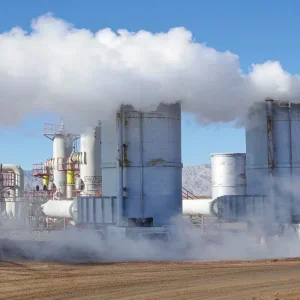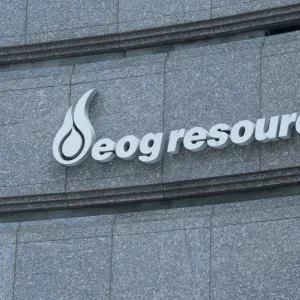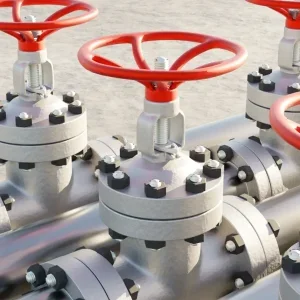Meanwhile, Dalia Grybauskaite, Lithuania’s president, has embarked an inspection tour of Ignalina facility, which was soon-to-be decommissioned. Lithuania expects to attract bids from companies like Electricite de France SA, E.ON AG, GDF Suez SA, Enel SpA, Iberdrola SA, RWE AG, and Vattenfall AB for the project. Bids will be accepted until the end of January 2010.
Arvydas Sekmokas, Lithuania’s energy minister, has approved the terms of tender for designing, construction, operation and decommissioning of new nuclear plant.
Sekmokas said the tendering process would probably come down to a choice between two companies.
‘After going through all the bidding stages, we could hold parallel negotiations with the two presenting the best offers,’ Sekmokas said.
The project would also be backed by fellow European Union member states Estonia, Latvia and Poland, who will share the energy produced.
The total cost of the new plant is estimated to be between EUR6 and EUR15 billion depending on number and type of reactors selected. Lithuania hopes to have the new plant on stream by 2020.
Grybauskaite said with in about three years’ time, or four years at the latest, construction on the new nuclear power station will begin, which lies close to the Ignalina nuclear power plant.
The Ignalina facility came online in 1983, but the decommissioning of the plant’s Chernobyl-type reactors was one of the conditions under which Lithuania joined the European Union in 2004.
One of the remaining reactor will be switched off on December 31, 2009 leaving Lithuania reliant on energy supplies from other countries including Russia for around 10 years. The other reactor was shut down five years ago.
Grybauskaite said Visaginas and its surrounding towns, which depend on the nuclear power plant for employment, could not be simply abandoned for the best part of a decade.
‘Until the construction of a new nuclear power plant, the state must not only find an alternative to nuclear energy, but must also develop new activites… for these municipalities. Life in the region can not be dependent on one company,’ Grybauskaite said.
Meanwhile in Brussels the Lithuanian government has introduced its search for a strategic investor to construct a replacement plant with the publication of a public tender in the Official Journal of the European Union.






